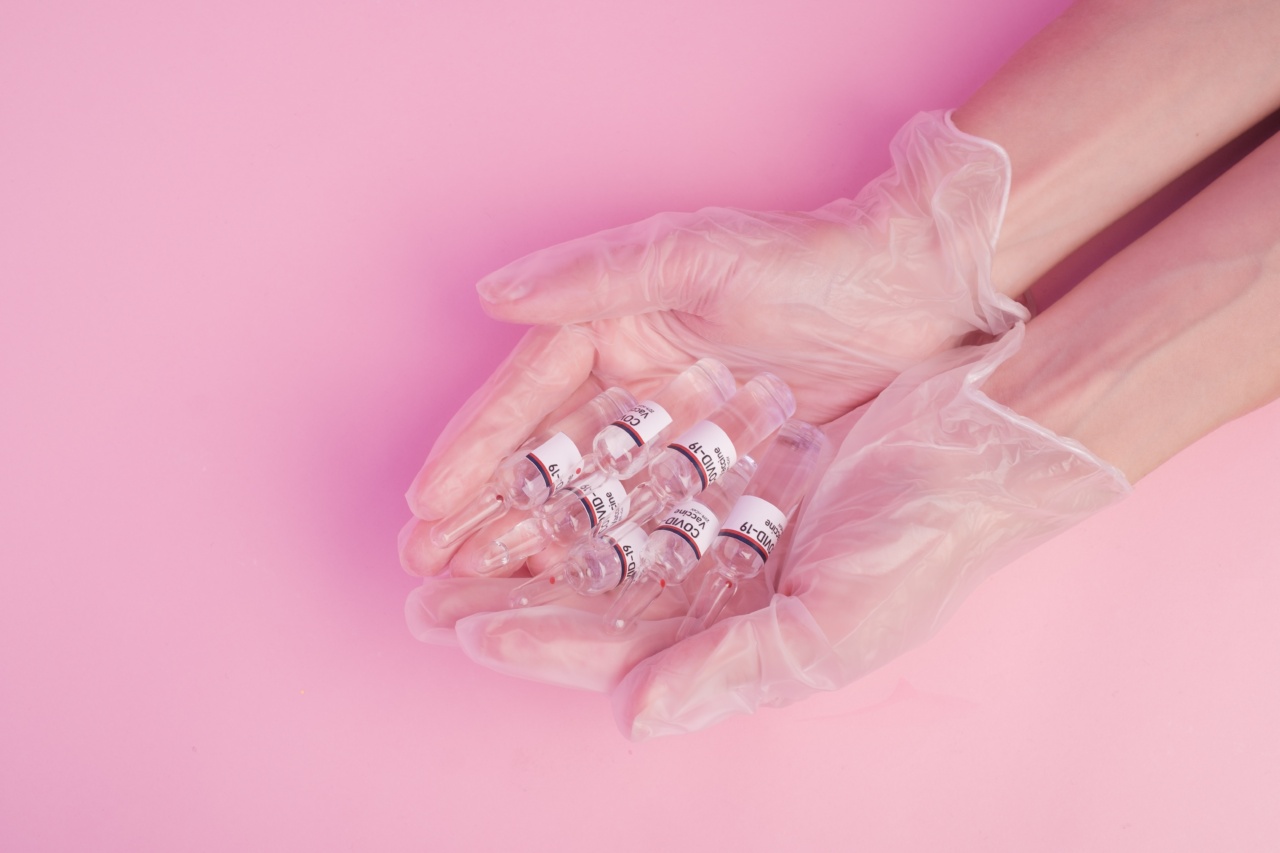Menopause is a natural process that marks the end of a woman’s reproductive life. It is characterized by a decline in hormone levels, particularly estrogen and progesterone.
As a result, women experience a range of symptoms such as hot flashes, mood swings, vaginal dryness, and reduced sex drive. While hormone therapy (HT) has been the go-to treatment for menopausal symptoms, it has come under scrutiny in recent years due to its potential health risks.
As a result, many women have been seeking alternative treatments such as natural remedies and lifestyle changes. However, a new study has shown that testosterone injections may be a promising treatment for menopausal women.
What is Testosterone?
Testosterone is a hormone that is primarily produced in the testicles in men and ovaries in women. It is responsible for the development of secondary sex characteristics such as muscle mass, bone density, and body hair.
It also plays a role in sexual function, energy levels, and mood. In men, testosterone levels decline gradually with age, but in women, the decline occurs rapidly during menopause.
The Study
The study, published in the Journal of Clinical Endocrinology and Metabolism, involved 46 menopausal women between the ages of 44 and 62.
Participants were randomly assigned to receive either a testosterone injection or a placebo once a week for 24 weeks. The researchers measured various outcomes such as sexual function, mood, and bone density. They found that women who received the testosterone injections experienced significant improvements in sexual function, including desire, arousal, and orgasm.
They also reported higher levels of energy and improved mood. In addition, the women who received testosterone had higher bone density than those who received the placebo.
How Does Testosterone Help?
Testosterone can help improve menopausal symptoms in several ways. Firstly, it can alleviate vaginal dryness, which can lead to painful sex and decreased libido.
Testosterone stimulates the production of natural lubrication, making sex more comfortable and enjoyable. Secondly, it can improve bone density, reducing the risk of fractures and osteoporosis. Thirdly, it can boost energy levels and mood, reducing feelings of fatigue and depression commonly experienced by menopausal women.
What are the Risks?
While the study shows promising results for testosterone therapy in menopausal women, there are still some potential risks to consider.
Testosterone can increase the risk of developing breast cancer and may cause masculinization in women, leading to deepening of the voice, acne, and facial hair growth. However, these risks are typically associated with high doses of testosterone and long-term use. The doses used in the study were relatively low and administered for a short period, so the risks are minimal.
Nevertheless, it is important for women to speak with their healthcare provider to determine if testosterone therapy is right for them.
Conclusion
The medical community is giving a thumbs up to testosterone injections as a promising treatment for menopausal women. The therapy has been shown to improve sexual function, energy levels, mood, and bone density.
However, as with any medical treatment, it is essential to weigh the risks and benefits. Women should speak to their healthcare provider to determine if testosterone therapy is right for them and if it could help alleviate their menopausal symptoms.































